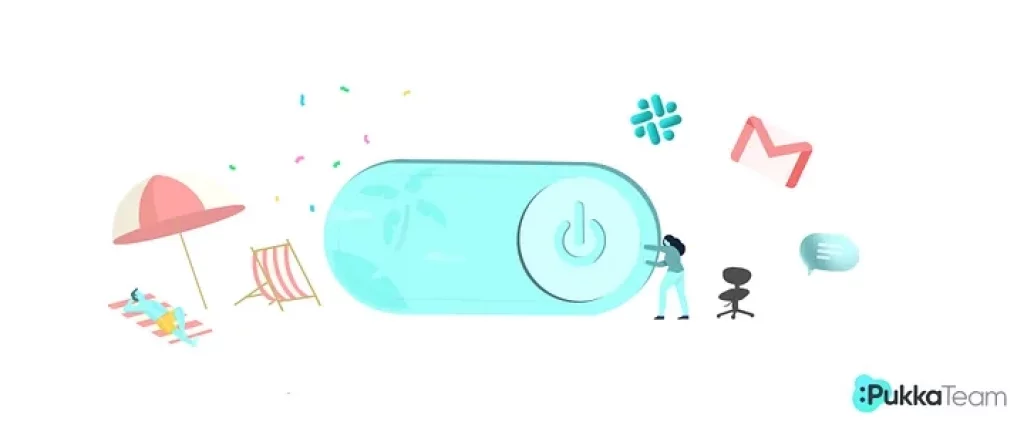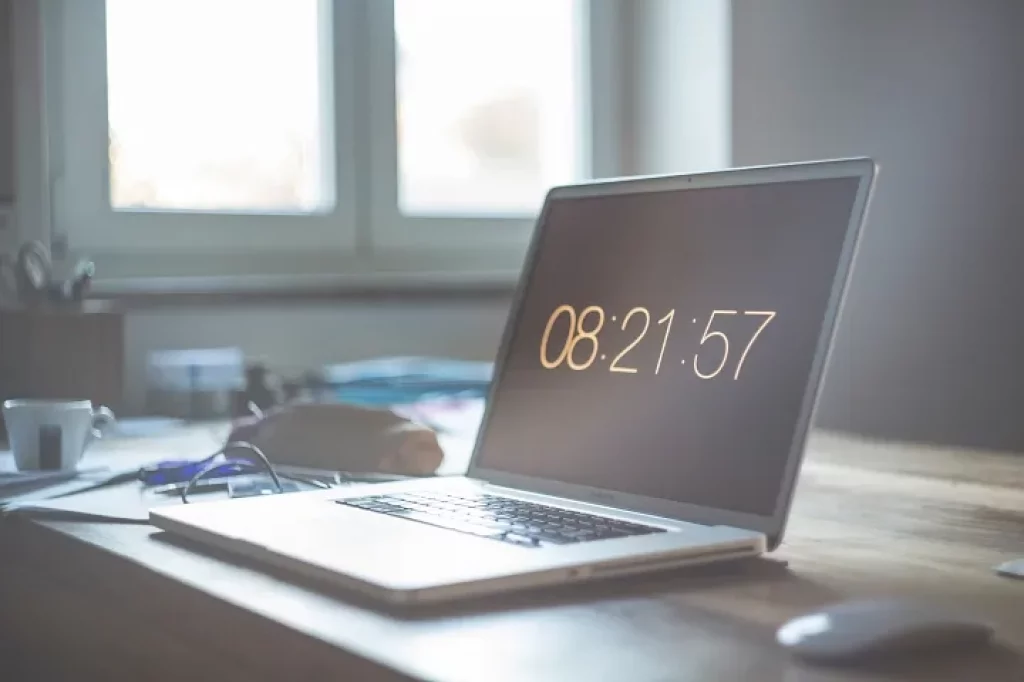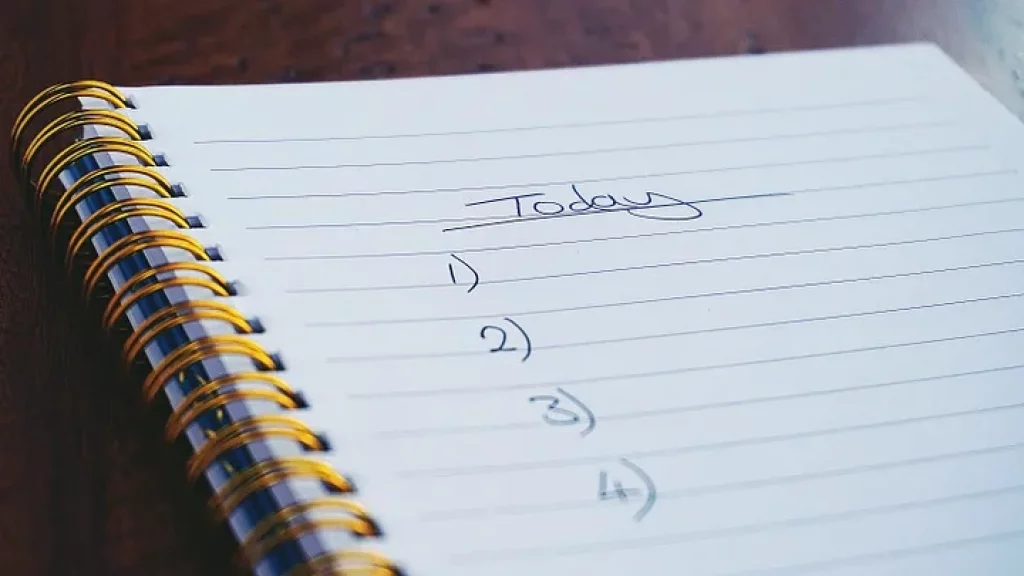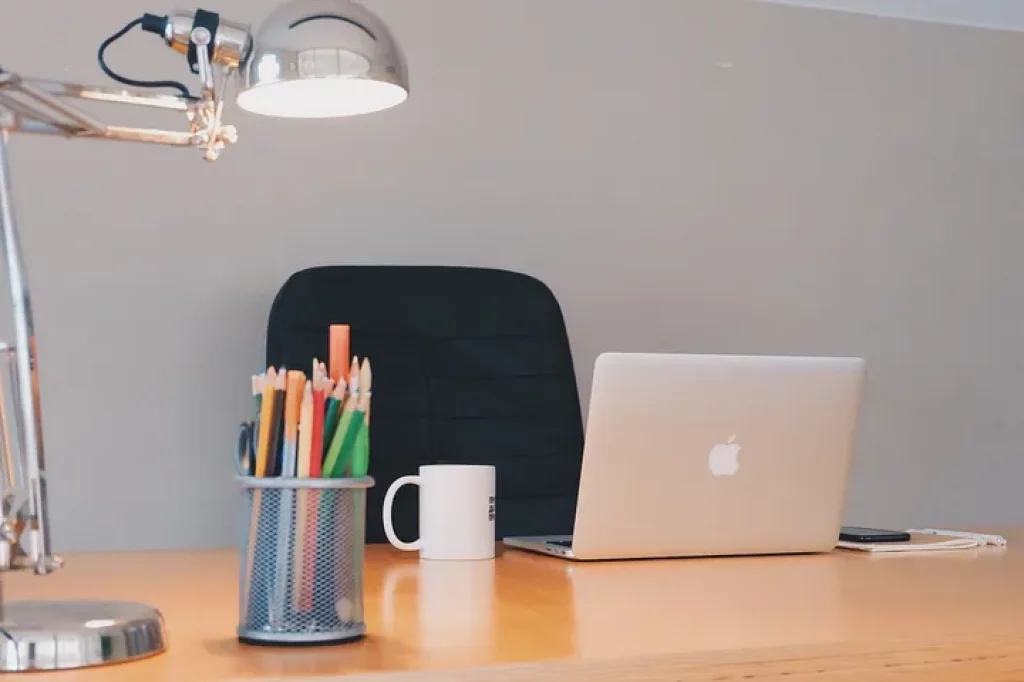How To Step Away From Work
(To Get a Better Work-Life Balance)

One thing that we see come up quite frequently is the feeling of not being able to get away from work at the end of the day. With the internet and the ability for people to find us/move through our sales funnel at any point during the day, we can sometimes be expected to be ‘switched on’ 24/7.
Not only is this not practical, but it is also unhealthy to try and keep yourself going constantly, leading to elevated levels of stress and even burnout. It is unhealthy, we all need some rest and relaxation, it gives us time to reboot and be ready for the next day of work.
But being on 24/7 isn’t the only issue, we also need to get out of the mindset of work, there is little point finishing for the day, if you’re still stressing out about work afterwards, unable to escape its beckoning calls.
This is true for both office-based and remote working jobs. With remote work though, there is the added complication of working where you live, sometimes making it harder to get away from the ‘office’ as it were.
So we are going to look at what you can do to help separate your work life, from your own (some of these will be remote work specific, but most will be universal).
#1 Separate your work-space, from personal living space
If you have space — separate workspace, step away from your place of work and go to where your normal, everyday stuff is.
Don’t live somewhere you can set up an alternative working environment (let’s face it, it might be difficult if you don’t have a sizeable house).
You can try working in a different place. This can be outside of your home, like a co-working space, or only working from your kitchen.
You could have different PC’s, one for work, one for personal use. This has the additional benefit of you being able to keep everything separate, such as software, email accounts etc.
Even at the most basic level, using different browsers. You could, for example, use Google Chrome for work, then Firefox, Vivaldi or Safari (whatever your preference) for personal use.
This still helps provide that separation, and also means that email accounts, saved tabs, bookmarks etc. are secluded to the appropriate browser.
#2 Set clear start and end times for your workday

Let me ask a question, how often have you found yourself working late, way after you should have stopped/gone home?
If you’ve lost count because it happens that often, that’s a bad sign. Overworking and not taking the proper time to relax and unwind can lead to added stress and even burnout!
You can be especially suseptable to this when you work from home, as the line between work and home environment can become super blurred.
What you need to do, is set a strict end time for your workday, as well as a strict start time (don’t be tardy). Work to those hours, and at the end, finish up what you’re doing, switch off and take some time to relax.
#3 Finish on a positive note
Do one small task that lets you end your day on a positive note.
This works two-fold, firstly, it helps put you in a more positive mindset as you’re finishing your day on a good note, you’ve accomplished something good right at the end.
Secondly, it helps make that distinction that it’s the end of the day. You’re not halfway through something and simply stopped. You’ve finished your workday and marked this with a ticked off task.
The task itself can be anything, something simple like sending an email, making a phone call.
#4 Write a to-do list for the following work day

Writing a to do list at the end of each day, helps in multiple ways.
It helps you to redirect stress by providing you a reminder of what you have to work on the next day, reduicing worry about forgetting tasks you need to do.
It also ties off your work day, and can become a little ritual (more on this below).
#5 ‘Switch off’ from work

Working for a lot of us, will entail the need for technology to accomplish our work, especially if working remotely.
At the end of the work day, you will finish up what you’re doing and switch off your PC.
But this disconnect doesn’t necessarily remove work being able to reach you.
A lot of us have devices that double as both work and personal use, such our phones, which we’ll use Whatsapp to talk to friends and family, also receiving work emails.
This means there is still a connection from the work to us that can drag us back into the work mentality, when we should be taking a break and relaxing.
So what we need to do, is be able to distance ourselves from this, having a separate work space, phone, PC etc. can make this easier.
However, many of us can’t afford to have two of everything. What we need to do, is set up barriers to stop us getting pulled back in.
Phones
Try switching off your phone to stop those pings, ever urging you to check your emails, your texts and IM’s.
If switching off your phone isn’t an option, try putting your phone on silent and turning off push notifications.
Laptops, computers, PC’s
If you don’t have a separate personal and work PC’s, try setting up different accounts, one for work use and one for personal. This way you can limit your personal and work apps to different accounts.
3Alternatively, having separate browsers for personal and work use (see point 1), can help separate your from work and personal time, as you can set up different favourites and bookmarks on each.
#6 Develop after-work rituals
No, this doesn’t mean holding a seance (though if that’s your thing, do it). Something that you do after work each day that will form a concept in your mind that work is now done/completed/over for the day.

This can be almost anything, taking a quick walk around the block, tidying your work area, taking up a hobby such as cooking (added bonus is you sort food for the evening), going rock climbing straight after work.
This activity then develops in your mind that this activity marks the end of your work day.
#7 Take your mind off work
It’s one thing to mark and things that mark the end of the workday, but above tips won’t necessarily take your mind off of work. Your mind can still be thinking about/being stressed out by work.
To help with this, you want to do something that takes your mind off of it, however, avoid doing, is something passive, like watching TV.
Though watching TV if it’s especially gripping and suspenseful and you really get into it can help, more often than not, you’ll passively watch, leaving your mind to still stress out about work things.
Did you send that email you were supposed to, push live that client work you got the go-ahead, did you backup all your files to the cloud?

You want to be doing something that actively uses your mind with. Try reading a book, getting out a puzzle, playing a board game.
These sorts of activities make use of your brain, actively making you concentrate on other things, making it dwell less on work.
How do you get away from work at the end of the day? Let us know in the comments.



 Form the Blog
Form the Blog